Take your personal data back with Incogni! Use my code INTECH at the link below and get 60% off an annual plan: http://incogni.com/intechTimestamps:00:00 — N…
Get the latest international news and world events from around the world.
CERN Is Secretly Collapsing Quantum Fields to Alter Local Gravity
Discover how CERN’s research into quantum fields could revolutionize our understanding of gravity! This deep dive explores the theoretical possibilities of manipulating quantum fields and their potential connection to gravitational forces. From Einstein’s predictions to cutting-edge experiments at the Large Hadron Collider, we examine what’s really happening at the frontier of physics research.
Learn how quantum gravity research could potentially transform:
Space travel and propulsion systems 🚀
Revolutionary energy production ⚡
Medical applications and treatments 🏥

Breakthroughs in Stopping Aging
Japanese researchers are making groundbreaking discoveries on the mechanisms of aging and working to apply them. As we age, senescent cells, or aged cells that have stopped dividing, accumulate, causing inflammation that can damage blood vessels and organs. Animal experiments have shown that removing these cells improves kidney function and reduces arteriosclerosis. They have led to the identification of a drug and development of a vaccine to eliminate the cells.
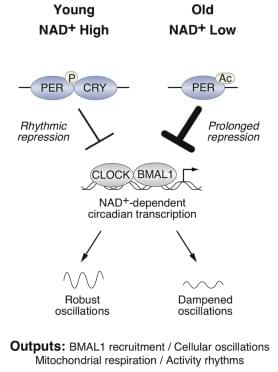
NAD+ Controls Circadian Reprogramming through PER2 Nuclear Translocation to Counter Aging
Disrupted sleep-wake and molecular circadian rhythms are a feature of aging associated with metabolic disease and reduced levels of NAD+, yet whether changes in nucleotide metabolism control circadian behavioral and genomic rhythms remains unknown. Here, we reveal that supplementation with the NAD + precursor nicotinamide riboside (NR) markedly reprograms metabolic and stress-response pathways that decline with aging through inhibition of the clock repressor PER2. NR enhances BMAL1 chromatin binding genome-wide through PER2 K680 deacetylation, which in turn primes PER2 phosphorylation within a domain that controls nuclear transport and stability and that is mutated in human advanced sleep phase syndrome.
Astronomers spot two white dwarfs on a collision course
Astronomers at the University of Warwick have made an exciting discovery—a rare, high-mass compact binary star system located just 150 light-years away in the Milky Way. This marks the first time such a system has been observed, offering valuable insights into the origins of type 1a supernovae.
Astronomers have confirmed a pair of white dwarfs on a collision course to become a type 1a supernova—the brightest cosmic explosion. This system, the heaviest of its kind ever identified, has a combined mass of 1.56 times that of the sun.
Separated by only 1/60th of the Earth-sun distance, the stars currently orbit each other in just over 14 hours. However, gravitational wave radiation will gradually draw them closer over billions of years. On the verge of their explosive end, the stars will orbit so rapidly that a single orbit will take only 30–40 seconds.
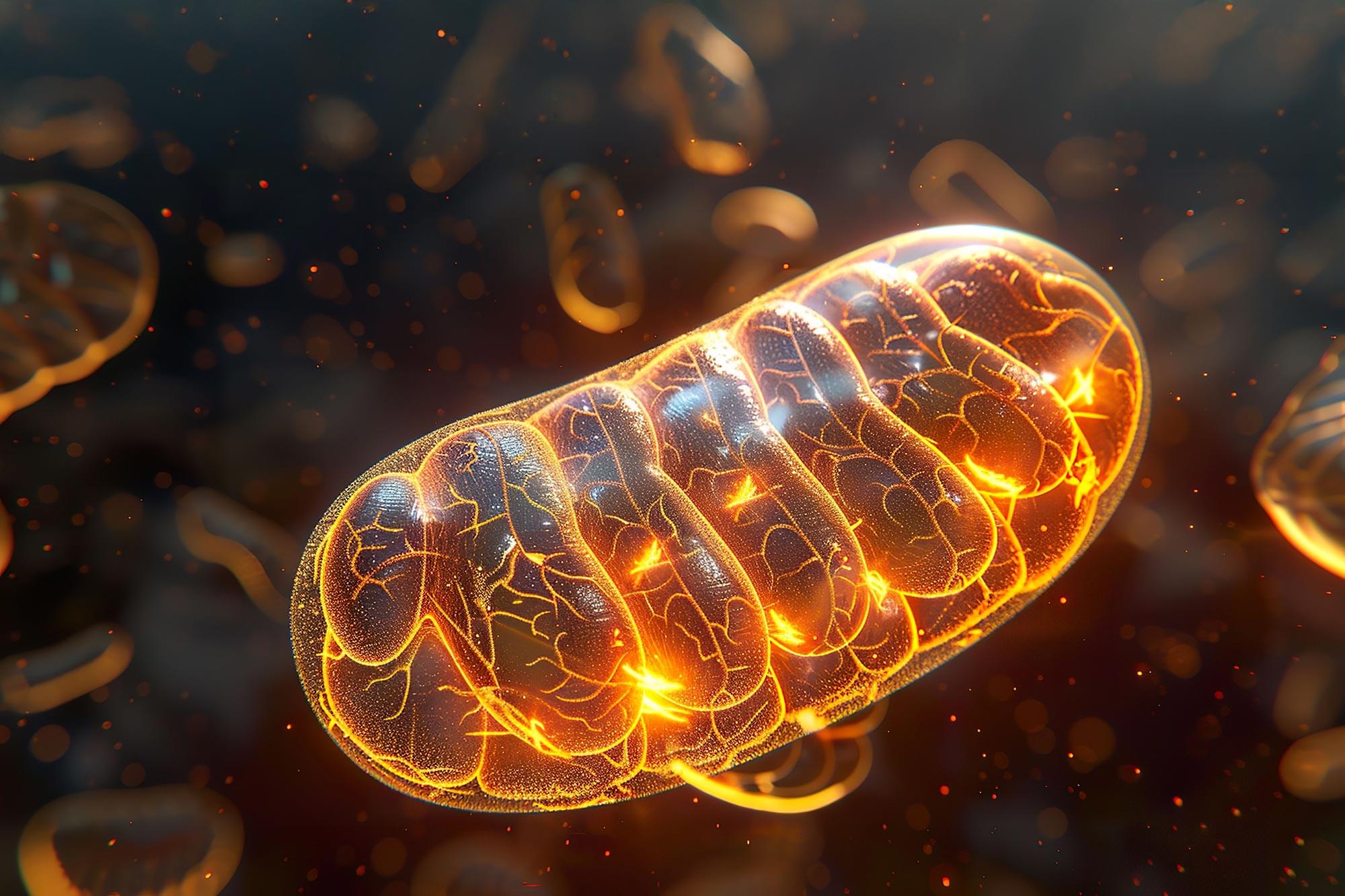
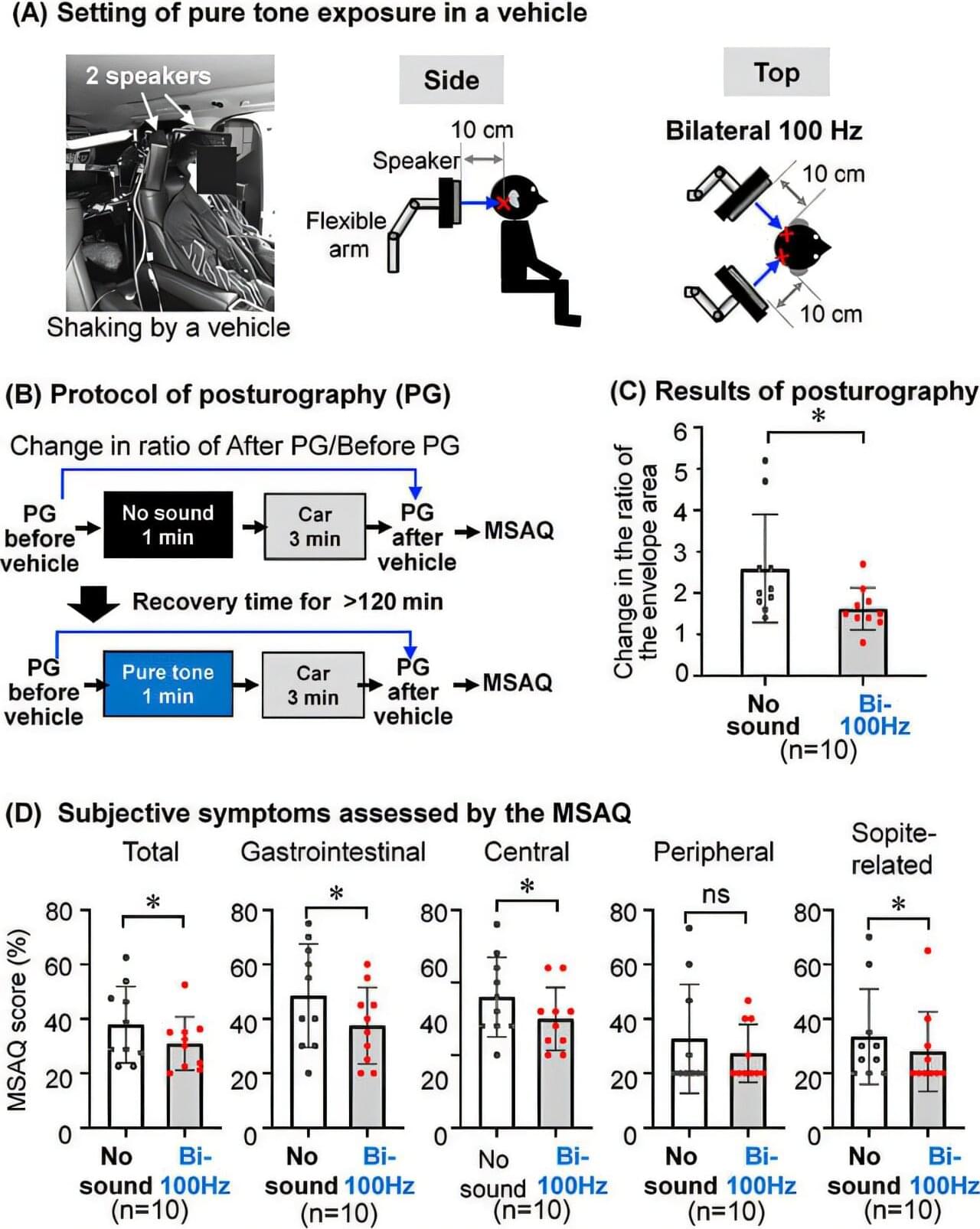
Sound therapy effectively reduces motion sickness by stimulating inner ear
A research group led by Takumi Kagawa and Masashi Kato at Nagoya University Graduate School of Medicine has discovered that using “a unique sound stimulation technology”—a device that stimulates the inner ear with a specific wavelength of sound—reduces motion sickness. Even a single minute of stimulation reduced the staggering and discomfort felt by people that read in a moving vehicle.
The results, published in Environmental Health and Preventive Medicine, suggest a simple and effective way to treat this common disorder.
“Our study demonstrated that short-term stimulation using a unique sound called ‘sound spice’ alleviates symptoms of motion sickness, such as nausea and dizziness,” Kagawa said. “The effective sound level falls within the range of everyday environmental noise exposure, suggesting that the sound technology is both effective and safe.”
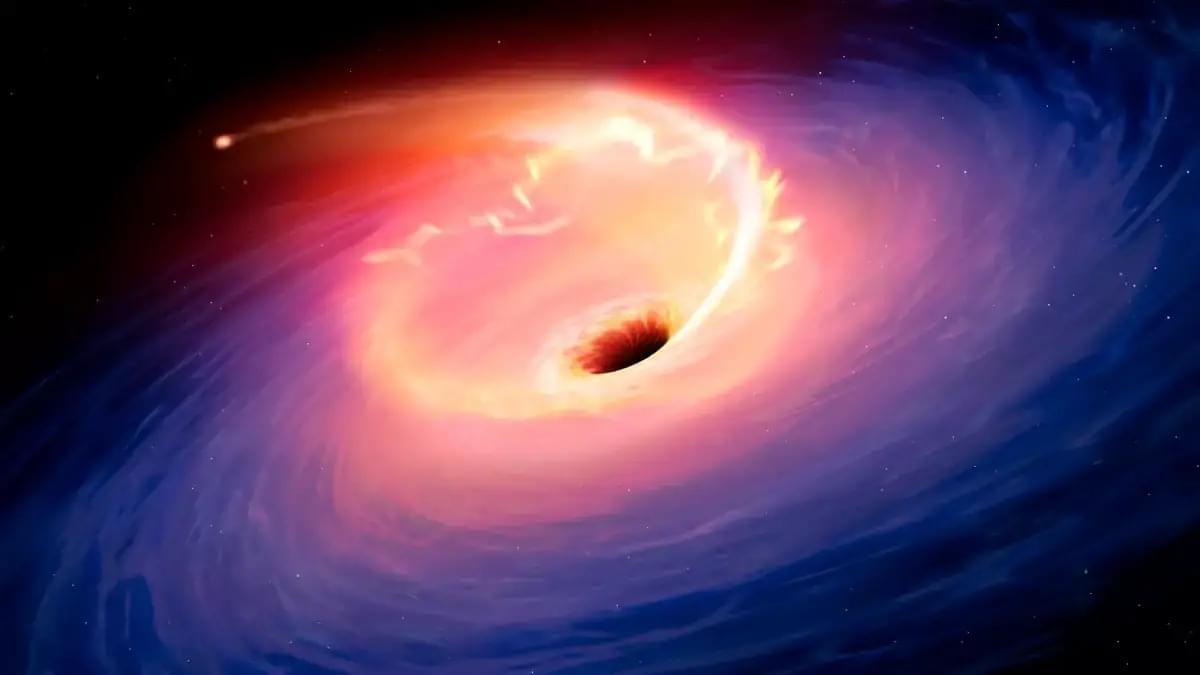
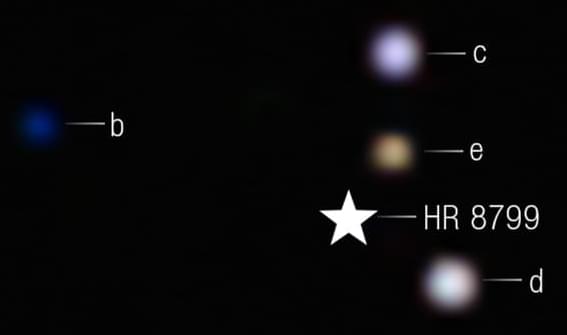
JWST captures its first direct images of carbon dioxide outside solar system
The James Webb Space Telescope has captured its first direct images of carbon dioxide in a planet outside the solar system in HR8799, a multiplanet system 130 light-years away that has long been a key target for planet formation studies.
The observations provide strong evidence that the system’s four giant planets formed in much the same way as Jupiter and Saturn, by slowly building solid cores. They also confirm Webb can do more than infer atmospheric composition from starlight measurements—it can directly analyze the chemistry of exoplanet atmospheres.
“By spotting these strong carbon dioxide features, we have shown there is a sizable fraction of heavier elements, such as carbon, oxygen, and iron, in these planets’ atmospheres. Given what we know about the star they orbit, that likely indicates they formed via core accretion, which for planets that we can directly see is an exciting conclusion,” said William Balmer, a Johns Hopkins University astrophysicist who led the work.
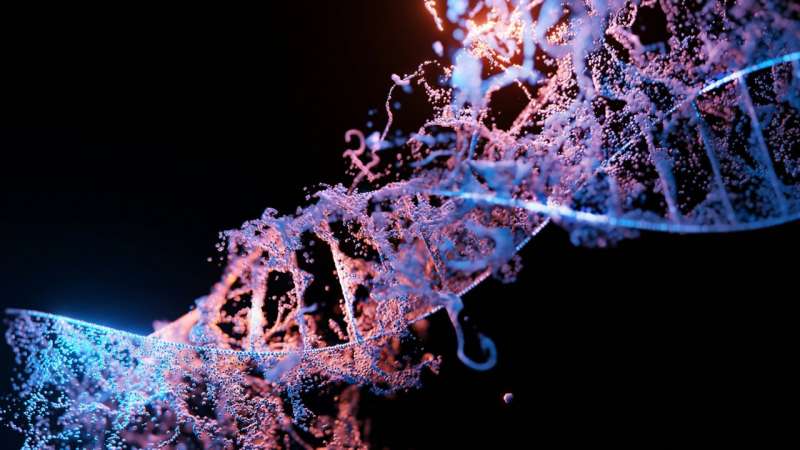
How to prevent chronic inflammation from zombie-like cells that accumulate with age
In humans and other multicellular organisms, cells multiply. This defining feature allows embryos to grow into adulthood, and enables the healing of the many bumps, bruises and scrapes along the way.
Certain factors can cause cells to abandon this characteristic and enter a zombie-like state known as senescence where they persist but no longer divide to make new cells. Our bodies can remove these senescent cells that tend to pile up as we age. The older we get, however, the less efficient our immune systems become at doing so.
“In addition to no longer growing and proliferating, the other hallmark of senescent cells is that they have this inflammatory program causing them to secrete inflammatory molecules,” said Peter Adams, Ph.D., director and professor of the Cancer Genome and Epigenetics Program at Sanford Burnham Prebys and senior and co-corresponding author of the study.